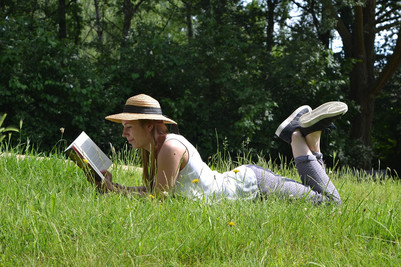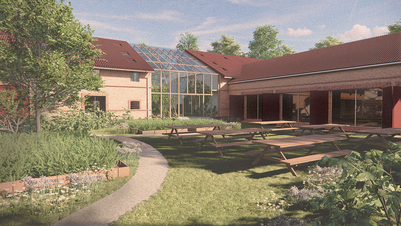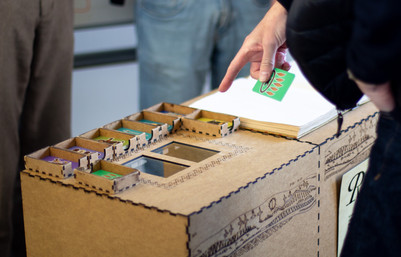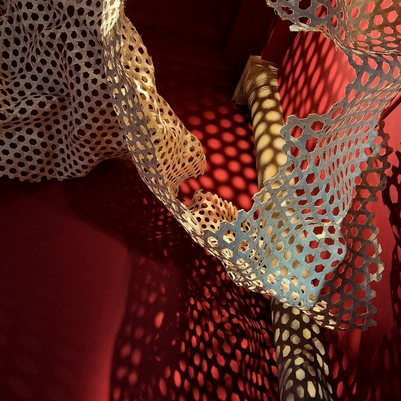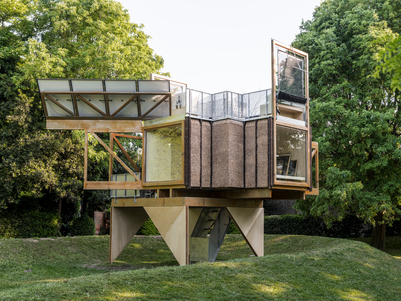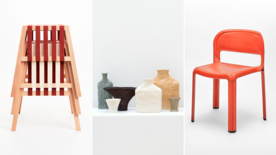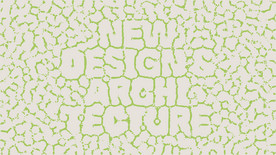
Om 'KLOTHING' - Centre for Apparel, Textiles & Ecology Research
"Klothing" is the old Nordic spelling of 'clothing' and places the centre in a Danish/Scandinavian context.The centre will build up knowledge about how, based on specific Danish design traditions and conditions, it can contribute to the sustainable development of the clothing and textiles sector.
In this context, Danish is understood as both a grasp and an approach – what it is like to 'Danish' – and also the location-specific historical and climate conditions that have characterised the subject field and its development – i.e. understandings of what Danish design and the Academy can contribute in the form of specific methodologies and nationally anchored understandings of sustainability.
It is central to the centre how design approaches can contribute to increasing the circularity of resources and products, and thereby achieving the reduction targets that are necessary to curb an escalating climate crisis. This is done through in-depth and basic research-based studies within the frameworks of design-related research and artistic development activities, and partly in research collaborations where the design-related approach contributes to qualifying natural, social and human science research projects.
In this context, design professionalism is understood as primarily practice-based research and artistic development activities, where, through studies in material and form, new expressions and design approaches are developed that can support far more climate-positive resource thinking than the one seen in the sector today.
The Centre is placed at Institute of Architecture and Design and thereby contribute to the development of a strong sustainability profile with connection to, in particular, the programmes of 'Spatial Design', 'Strategic Design & Entrepreneurship' and 'Furniture Design - products, materials & contexts' (who all involve textiles), but also at the institute in general.
It furthermore connects strongly to the Cluster for Material Studies and Institute of Conservation.




